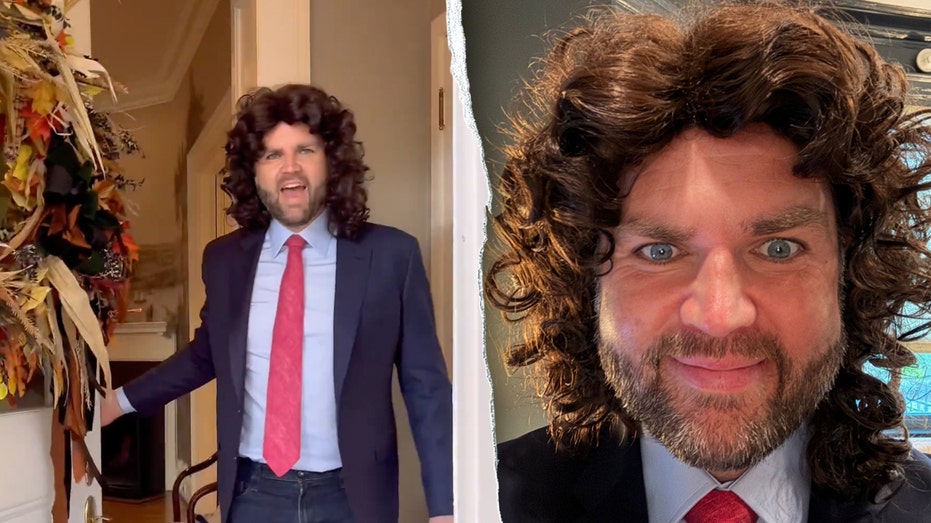The hall fell silent as Ambassador Mike Waltz stepped before the United Nations General Assembly, his gaze sweeping across the assembled nations. He didn’t mince words, delivering a stark assessment of Cuba’s reality – a reality obscured by decades of diplomatic maneuvering and failed policies.
Waltz’s message resonated with a quiet urgency: the era of appeasement towards Cuba’s communist regime must end. He argued that continuing to prop up the island’s government wasn’t a path to stability, but a direct endorsement of suffering and a betrayal of fundamental human rights.
He challenged the member states to look beyond political expediency and vote with their consciences. Each vote cast in support of the Cuban government, he asserted, wasn’t simply a procedural matter; it was a conscious decision to prolong the repression and economic hardship endured by the Cuban people.

The ambassador directly confronted a long-standing narrative, a tendency to deflect blame onto the United States for Cuba’s internal struggles. He insisted on a crucial acknowledgement: the root of the island’s problems lay not in external pressures, but within the inherent failings of its communist system.
Waltz’s address wasn’t merely a political statement; it was a plea for moral clarity. He painted a picture of a nation stifled by ideology, where basic freedoms were denied and economic opportunity remained a distant dream for most citizens.
He underscored the undeniable truth that no communist system, regardless of its promises, could deliver prosperity or genuine liberty. The time for acknowledging this reality, he argued, was long overdue.





